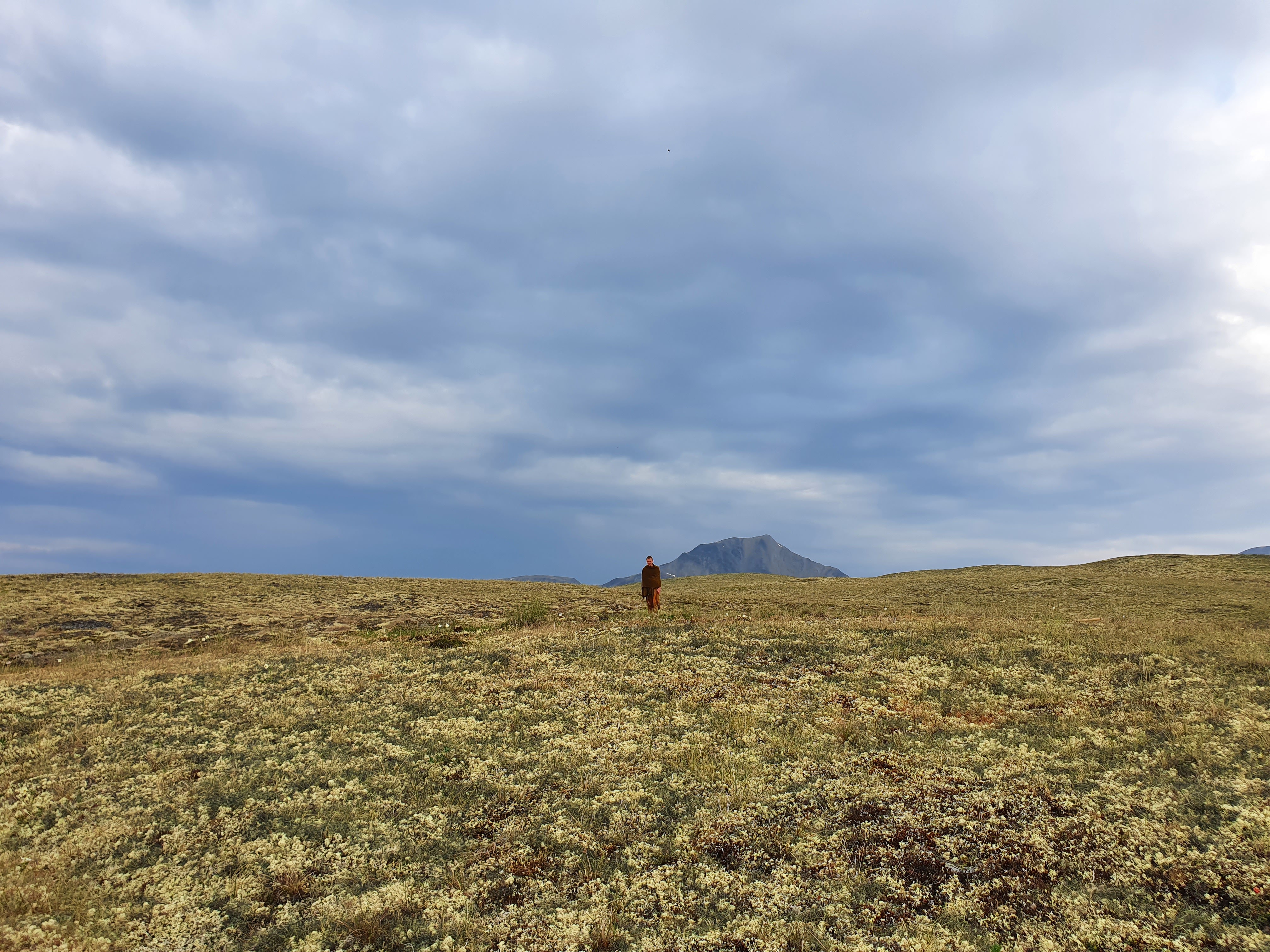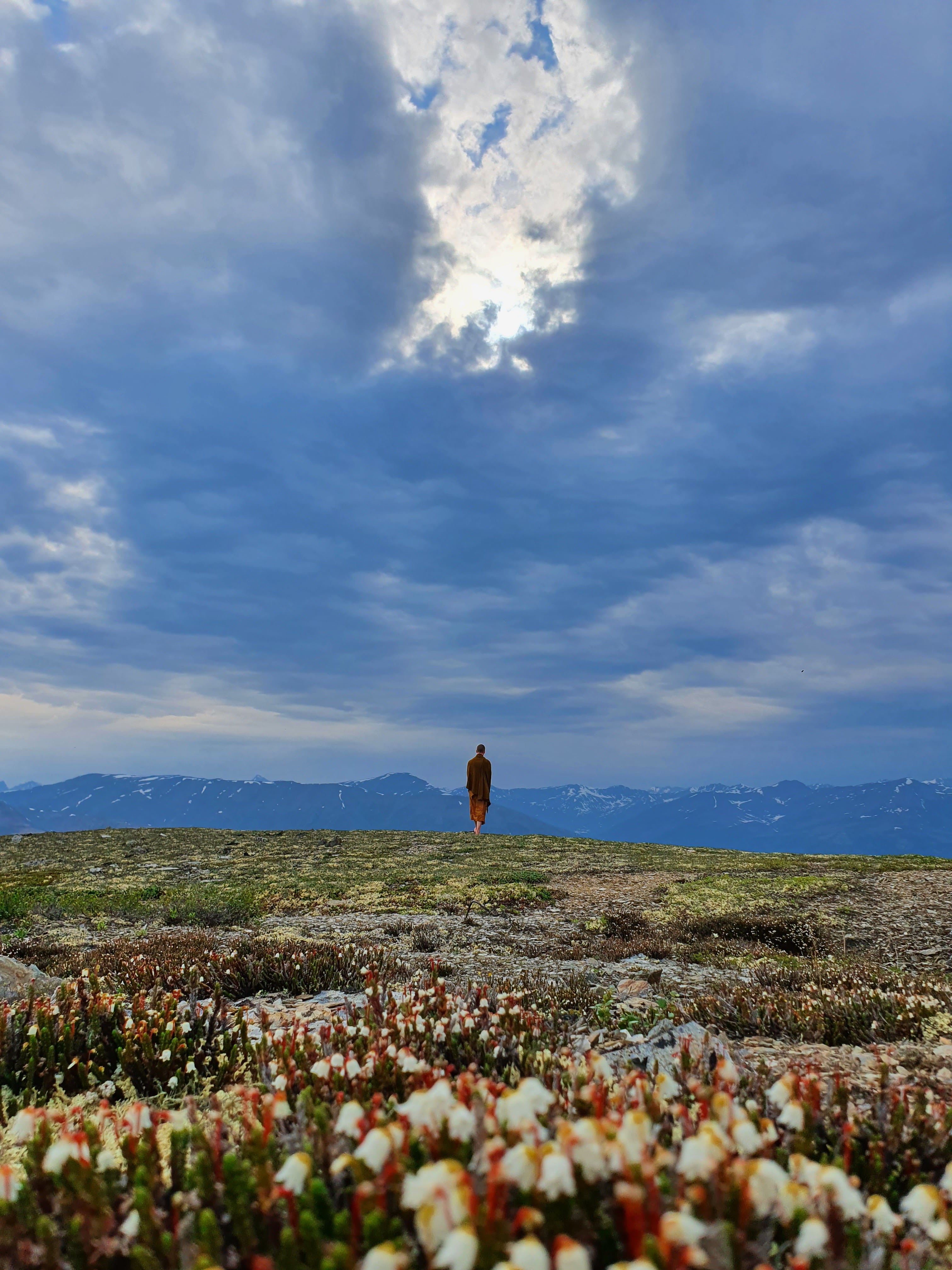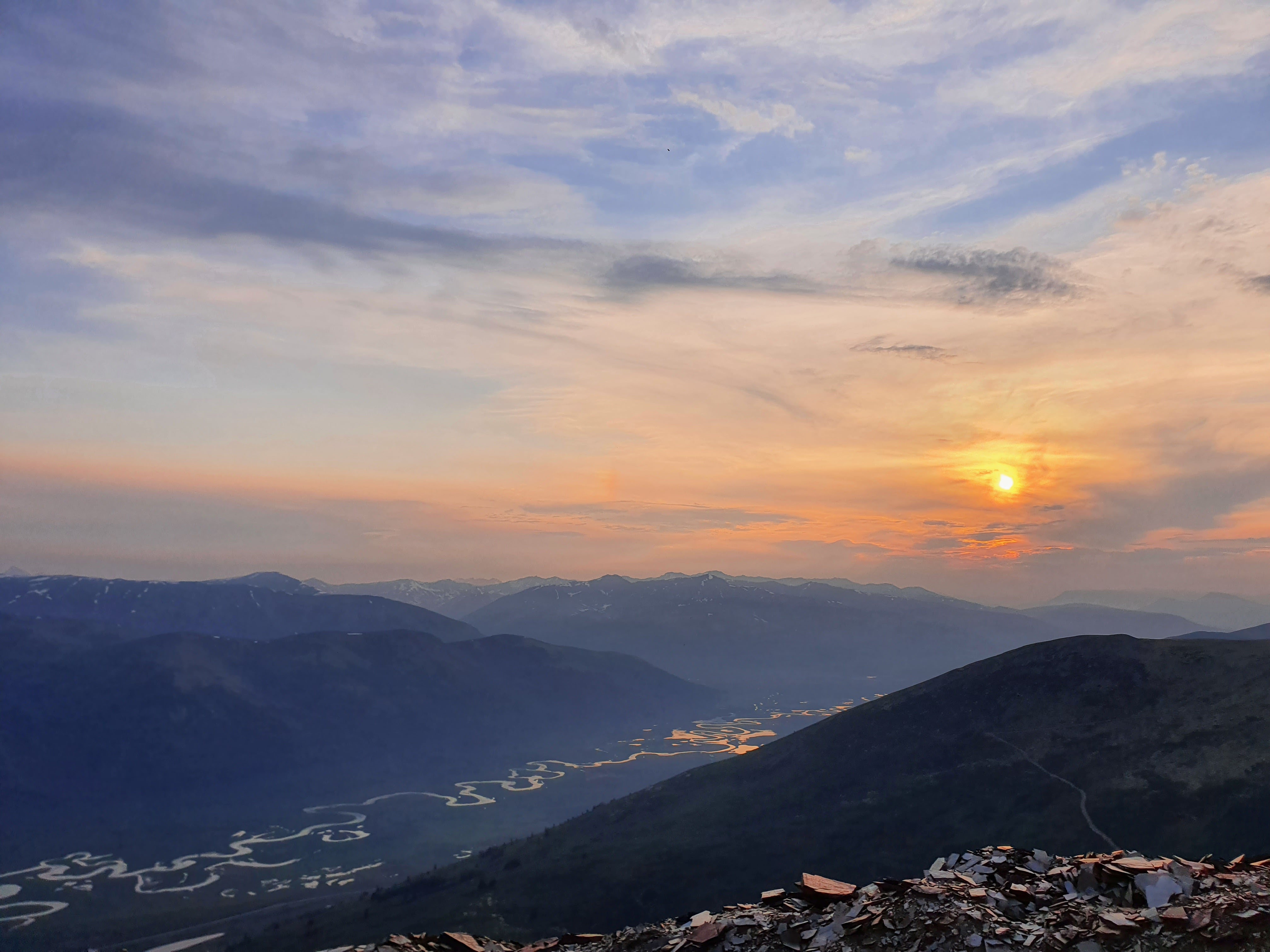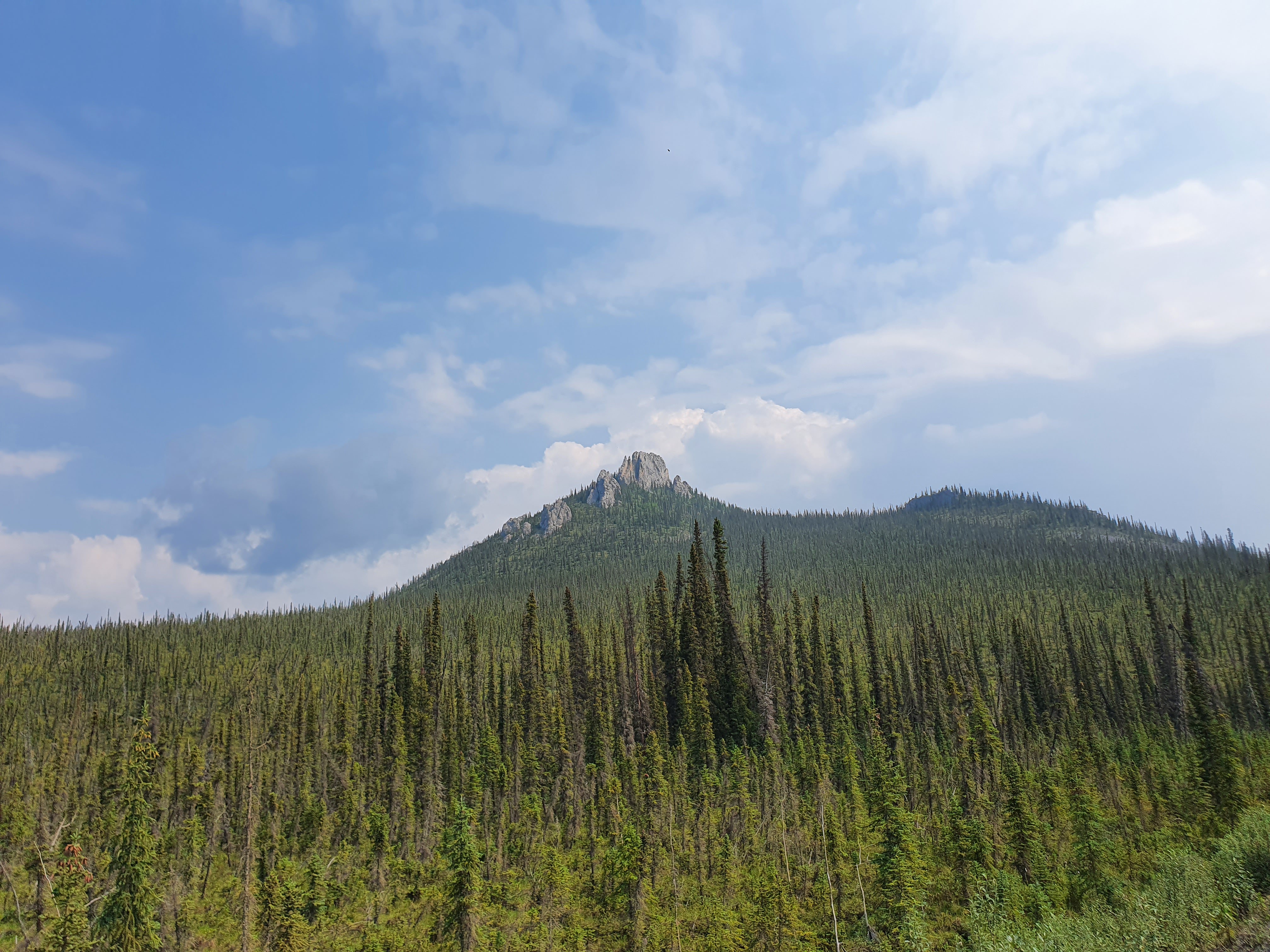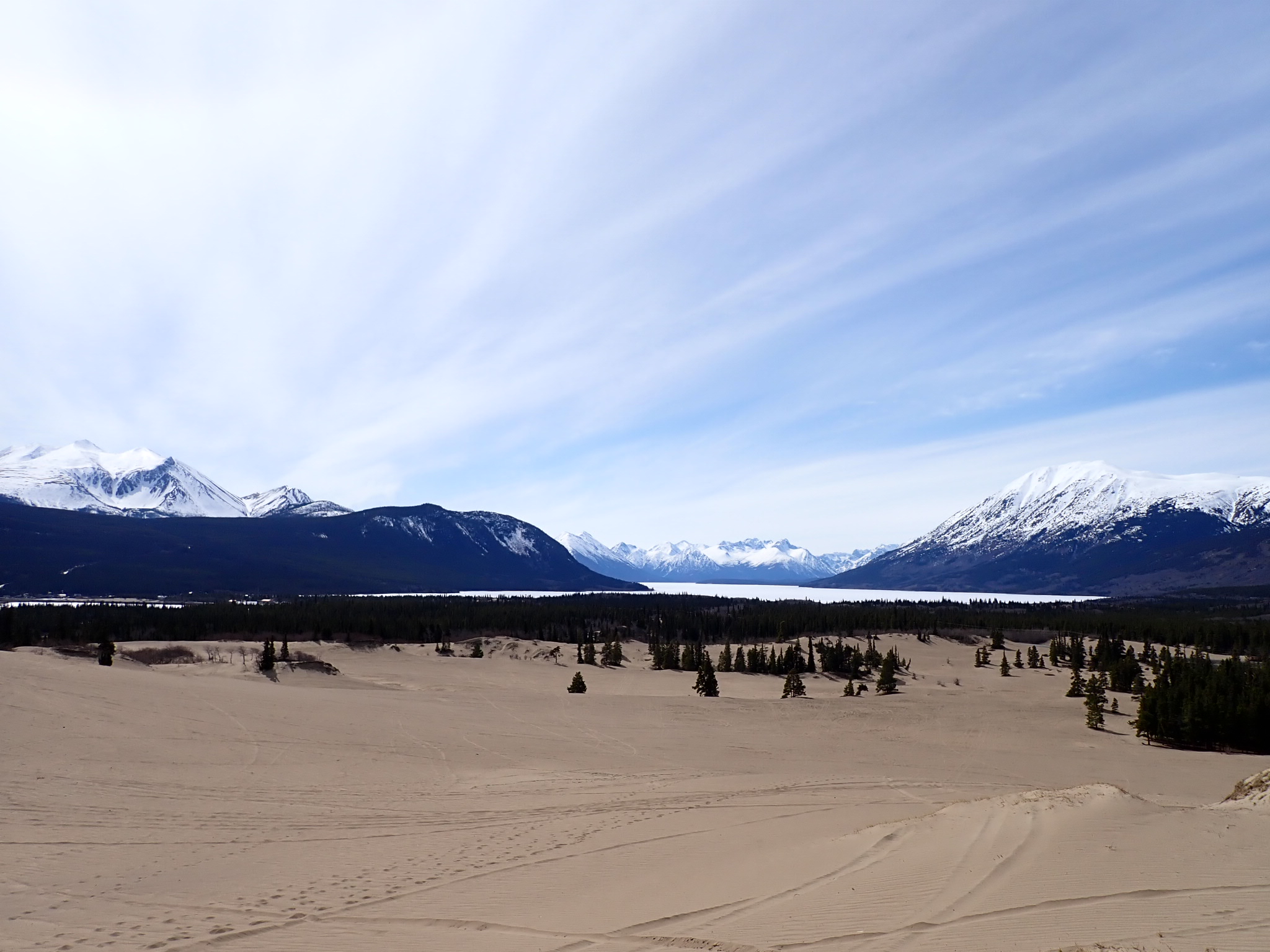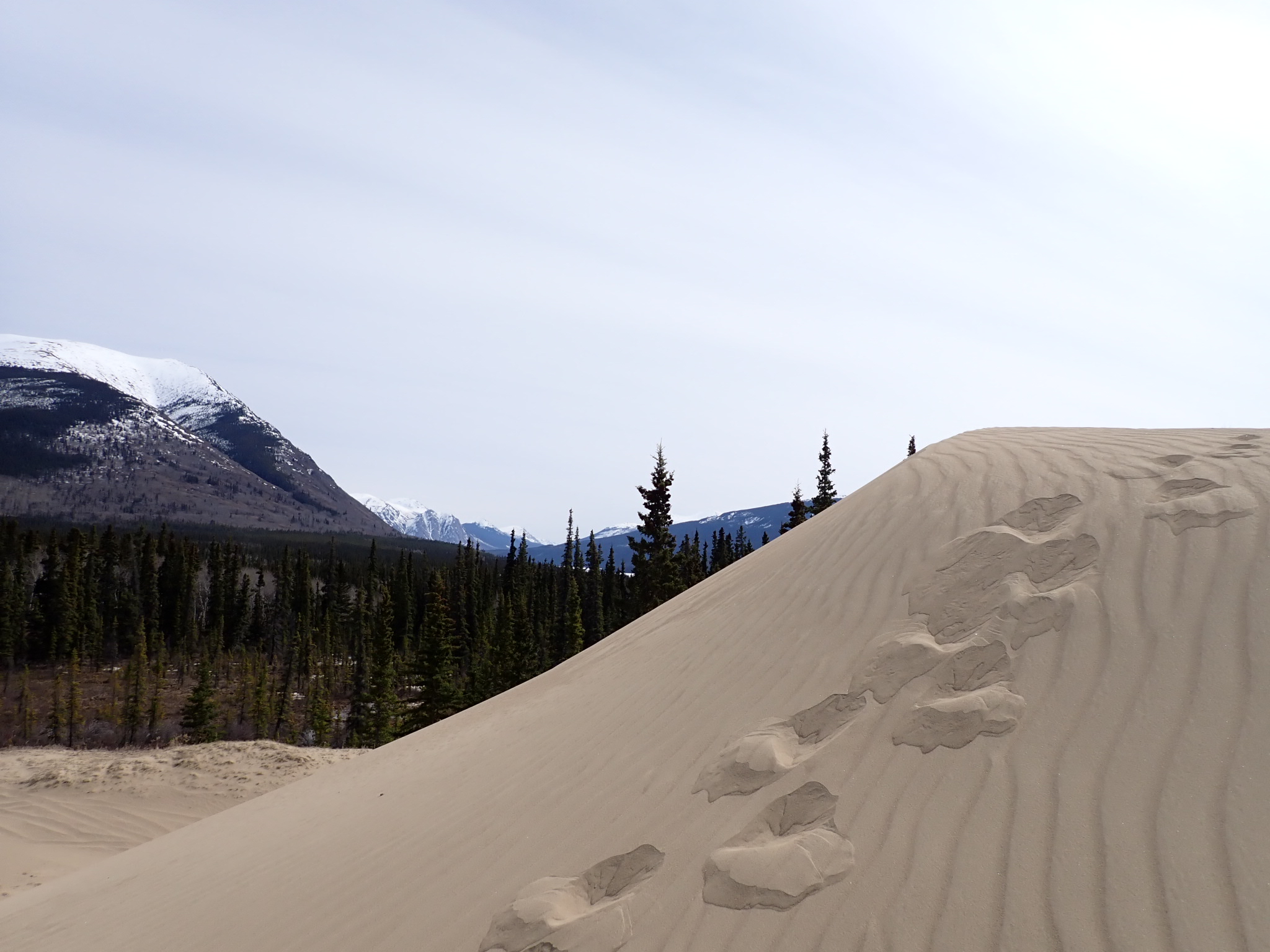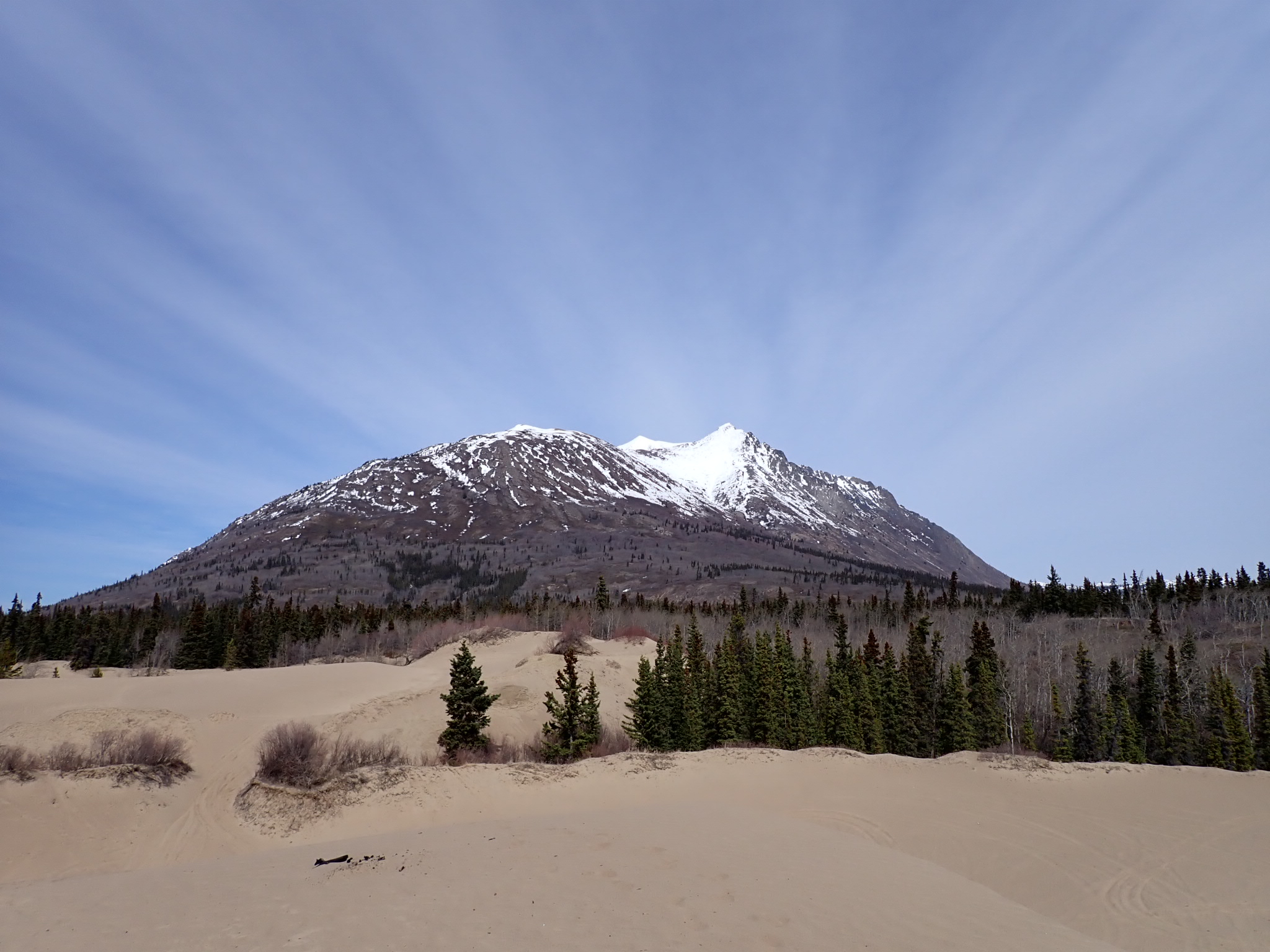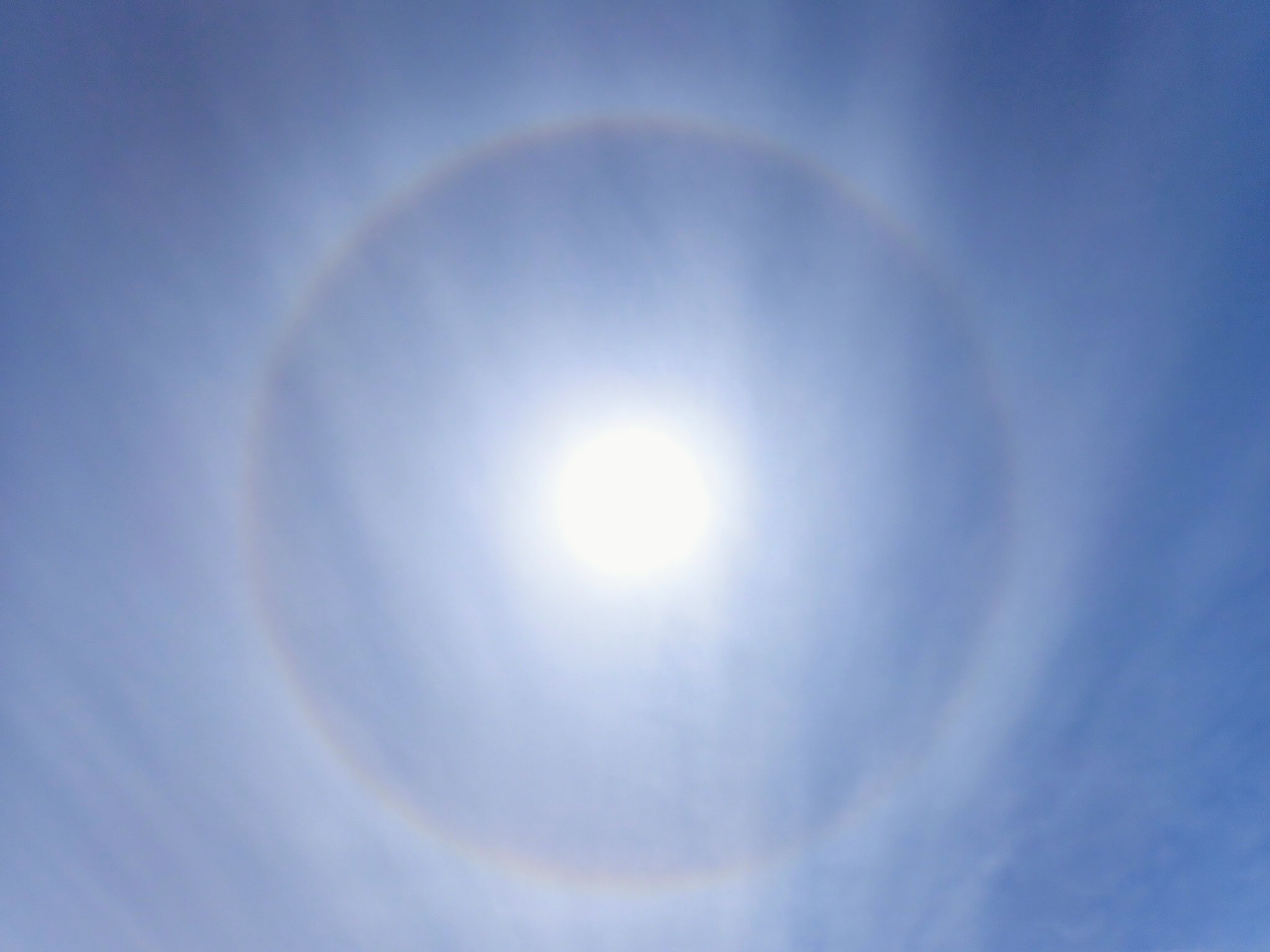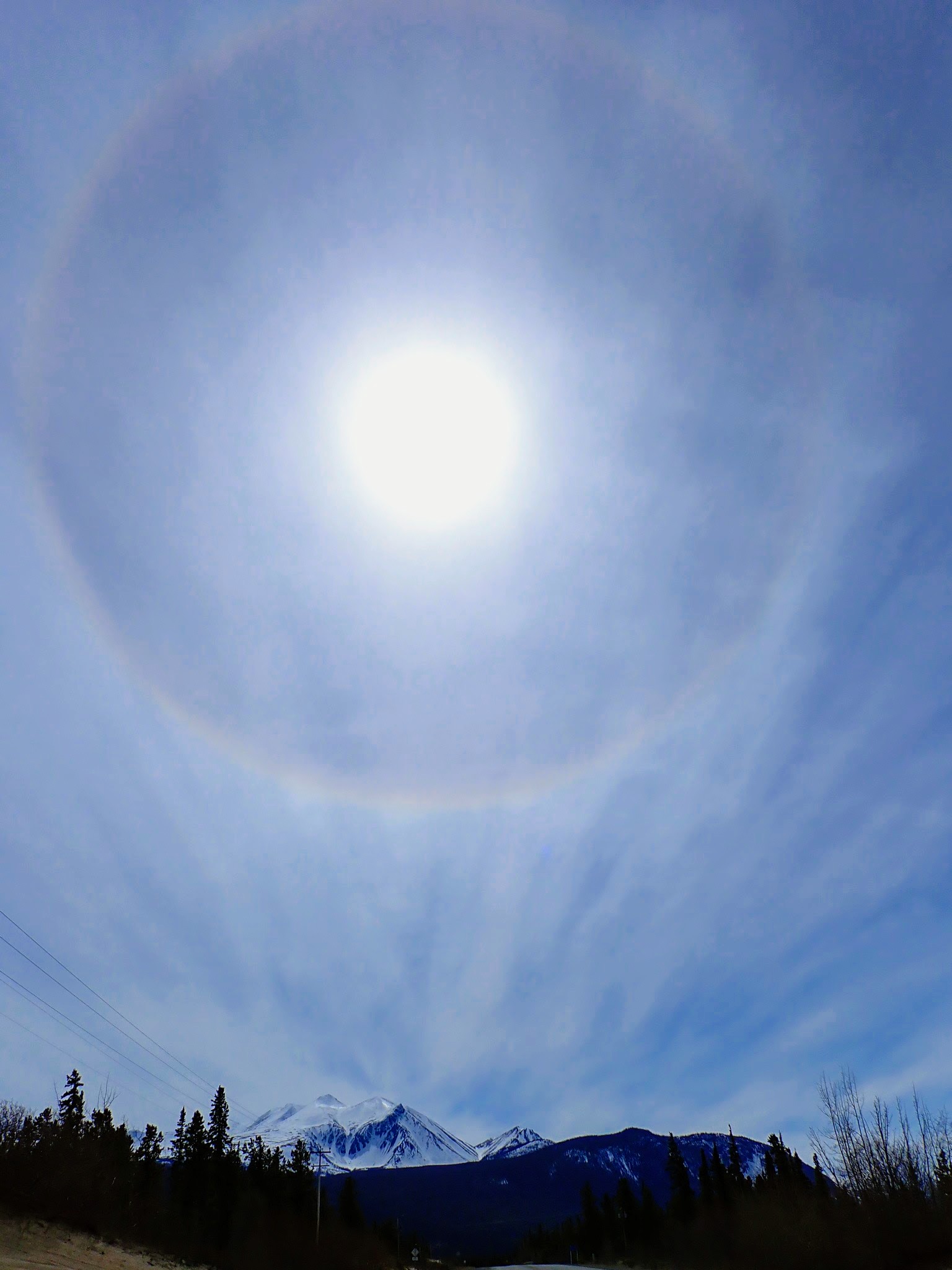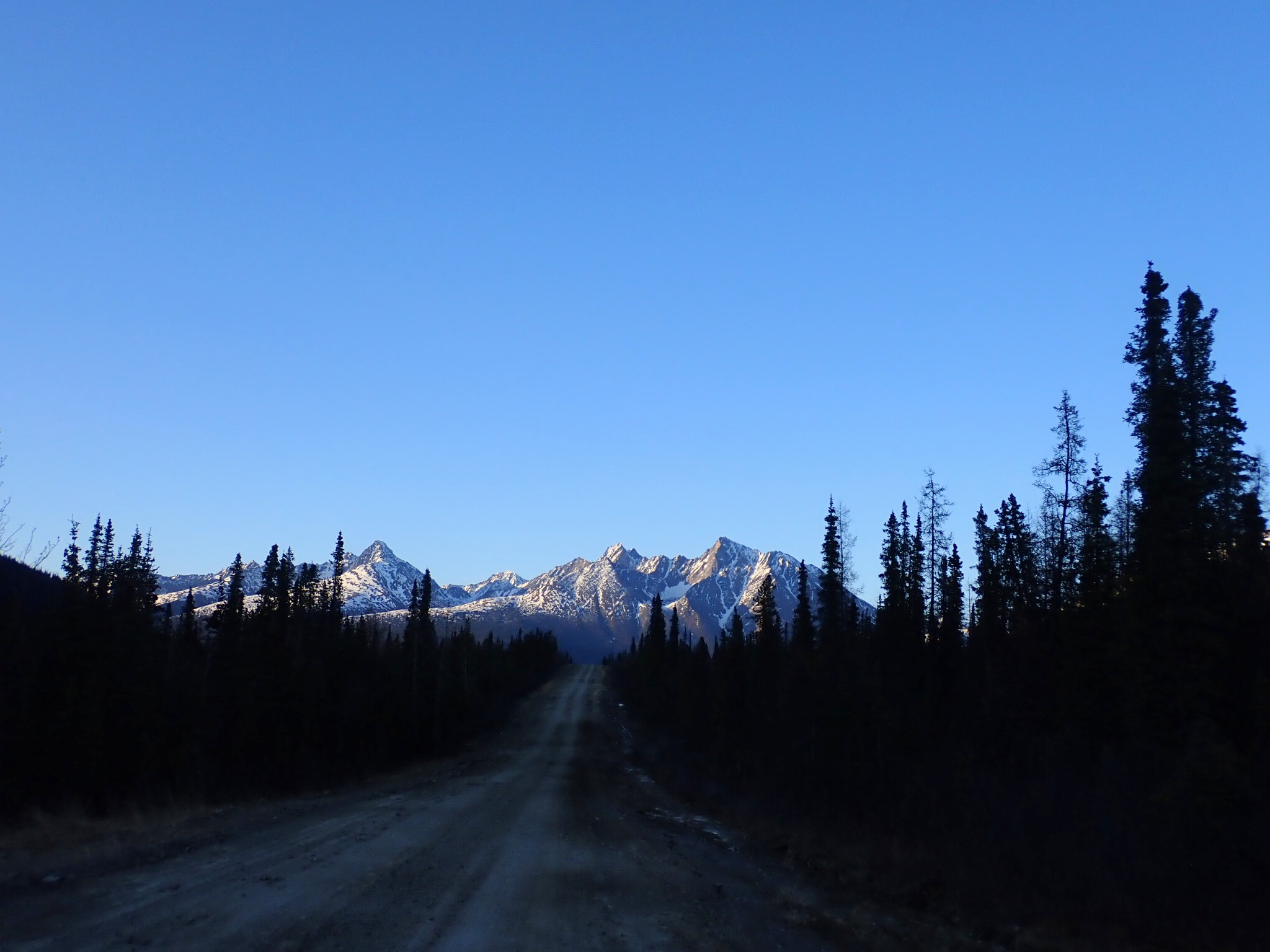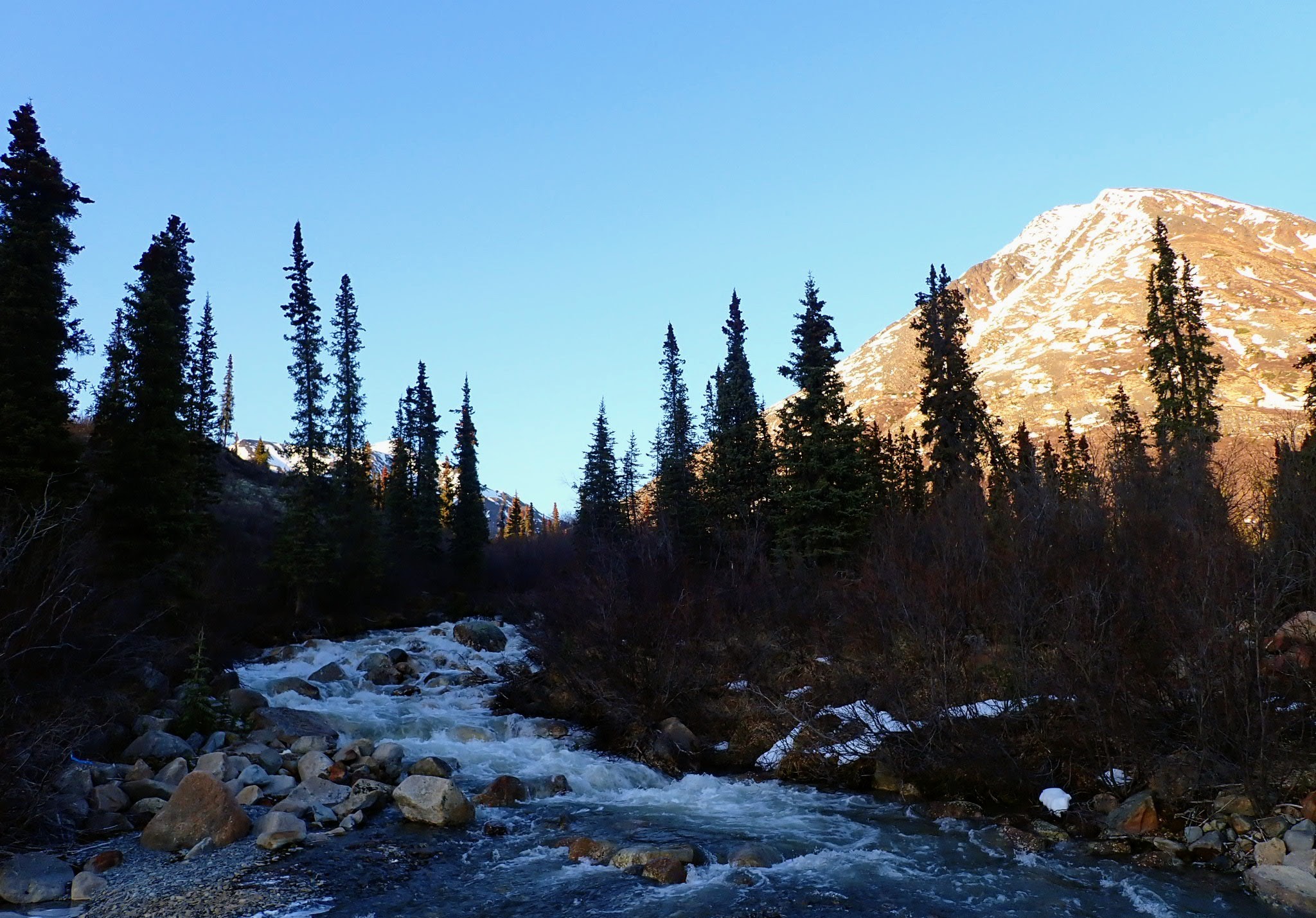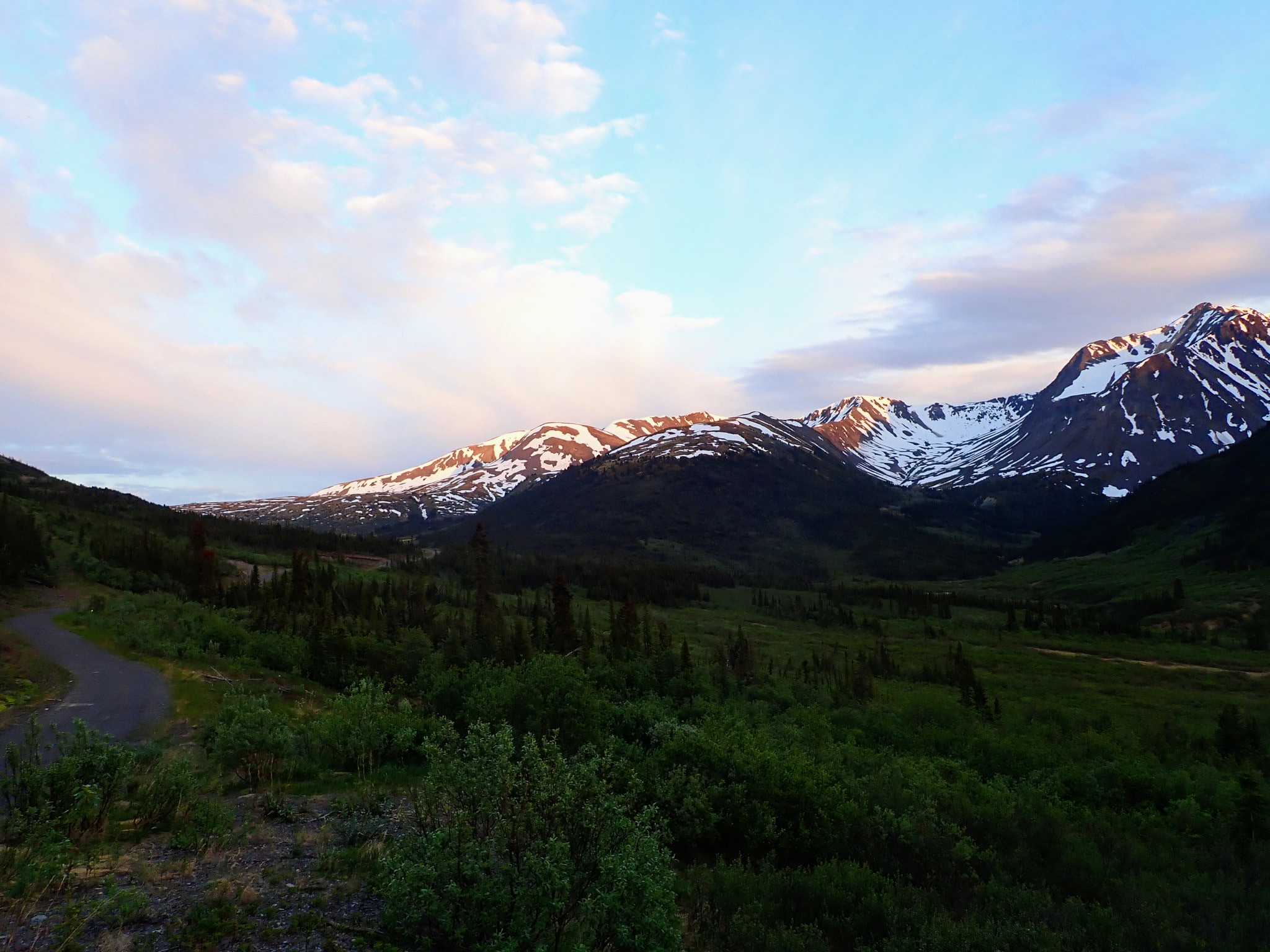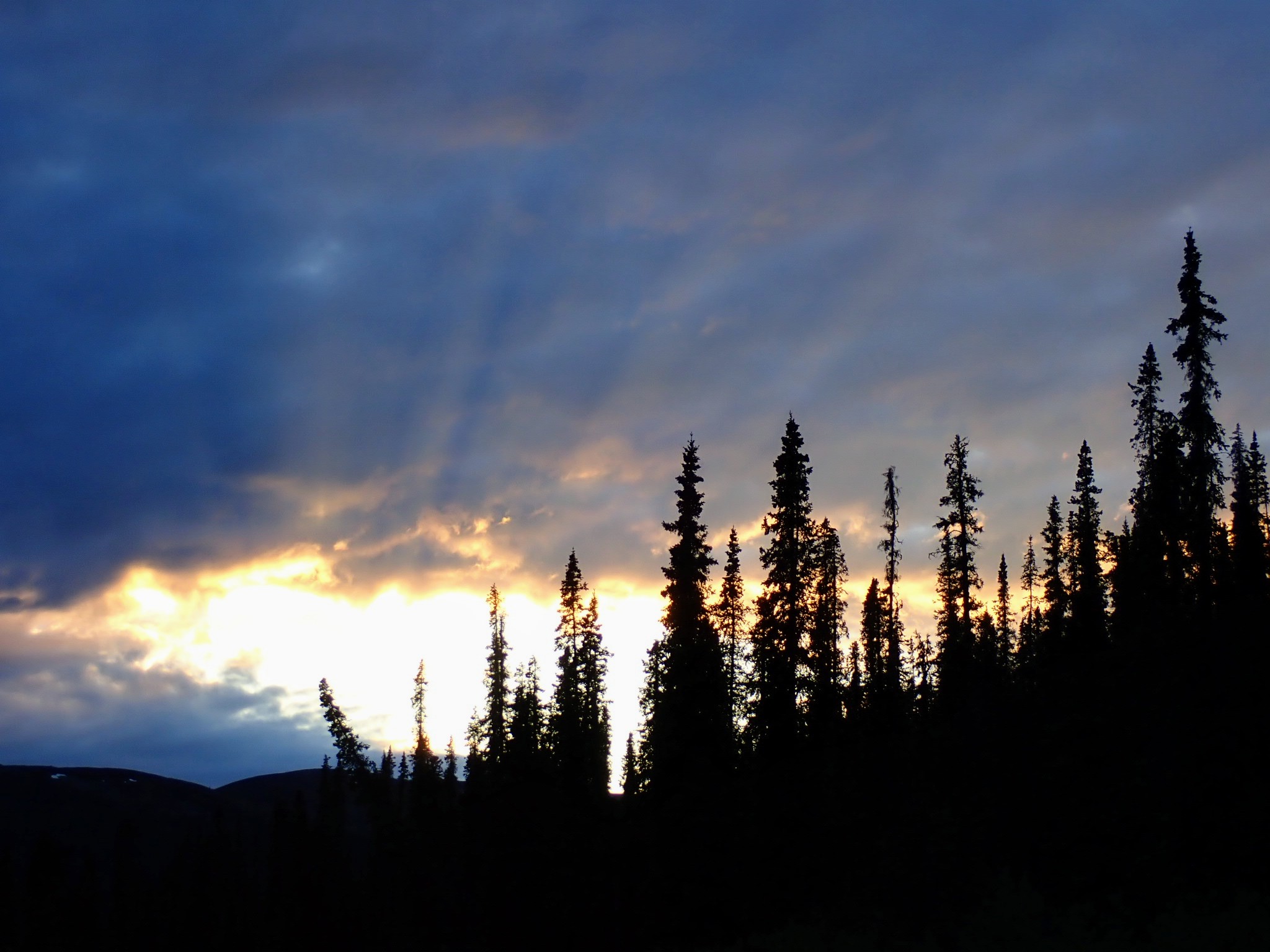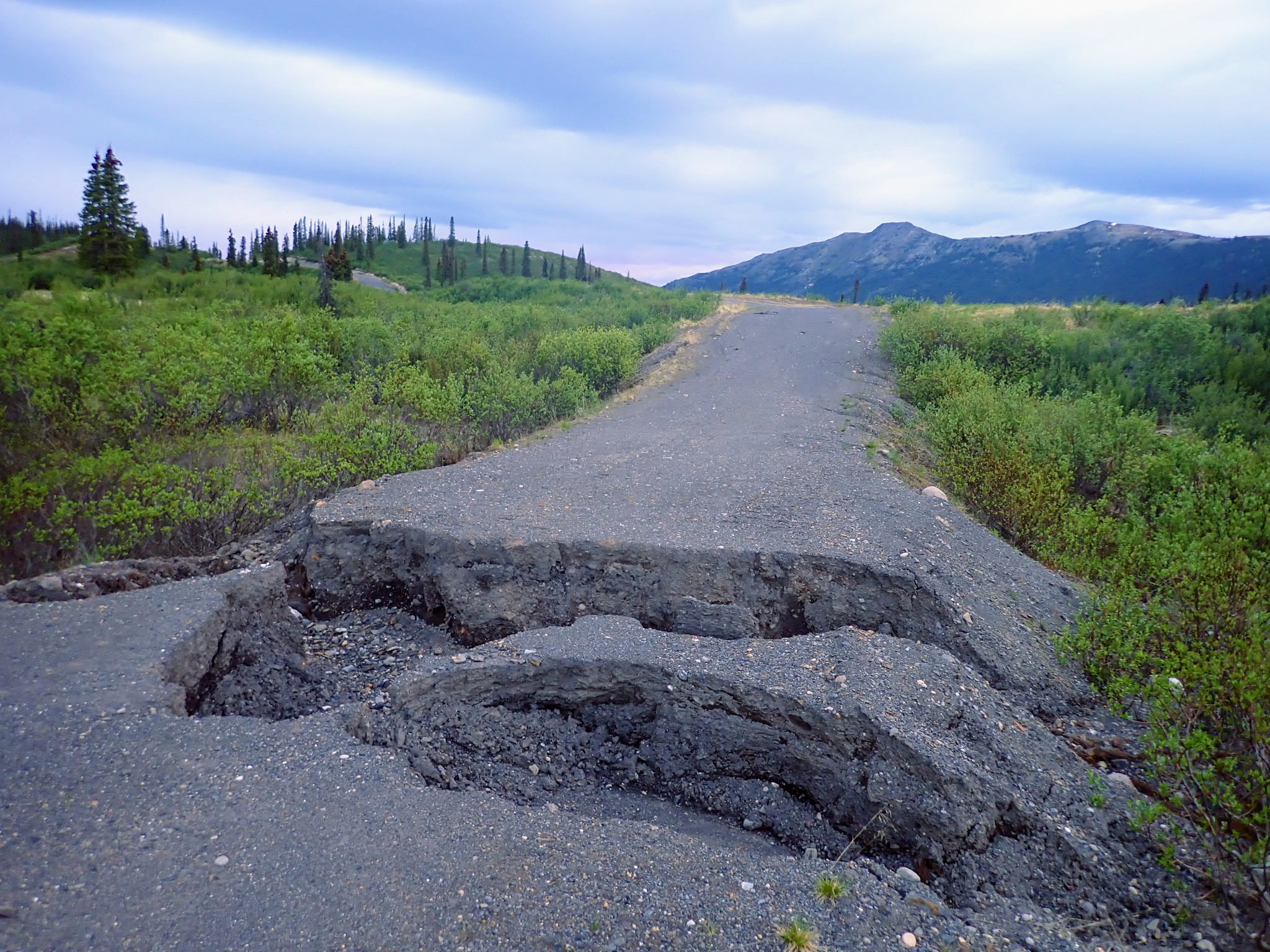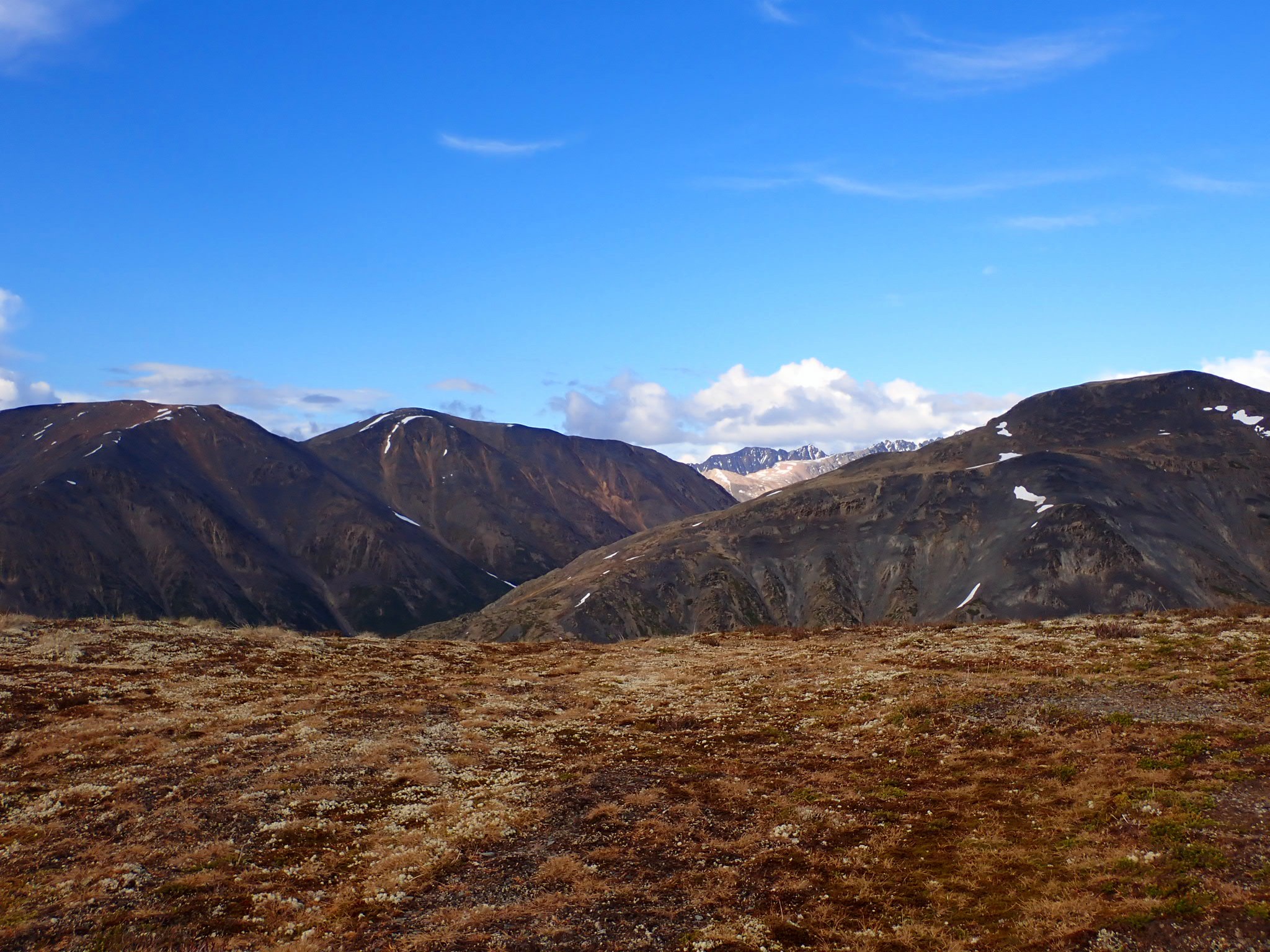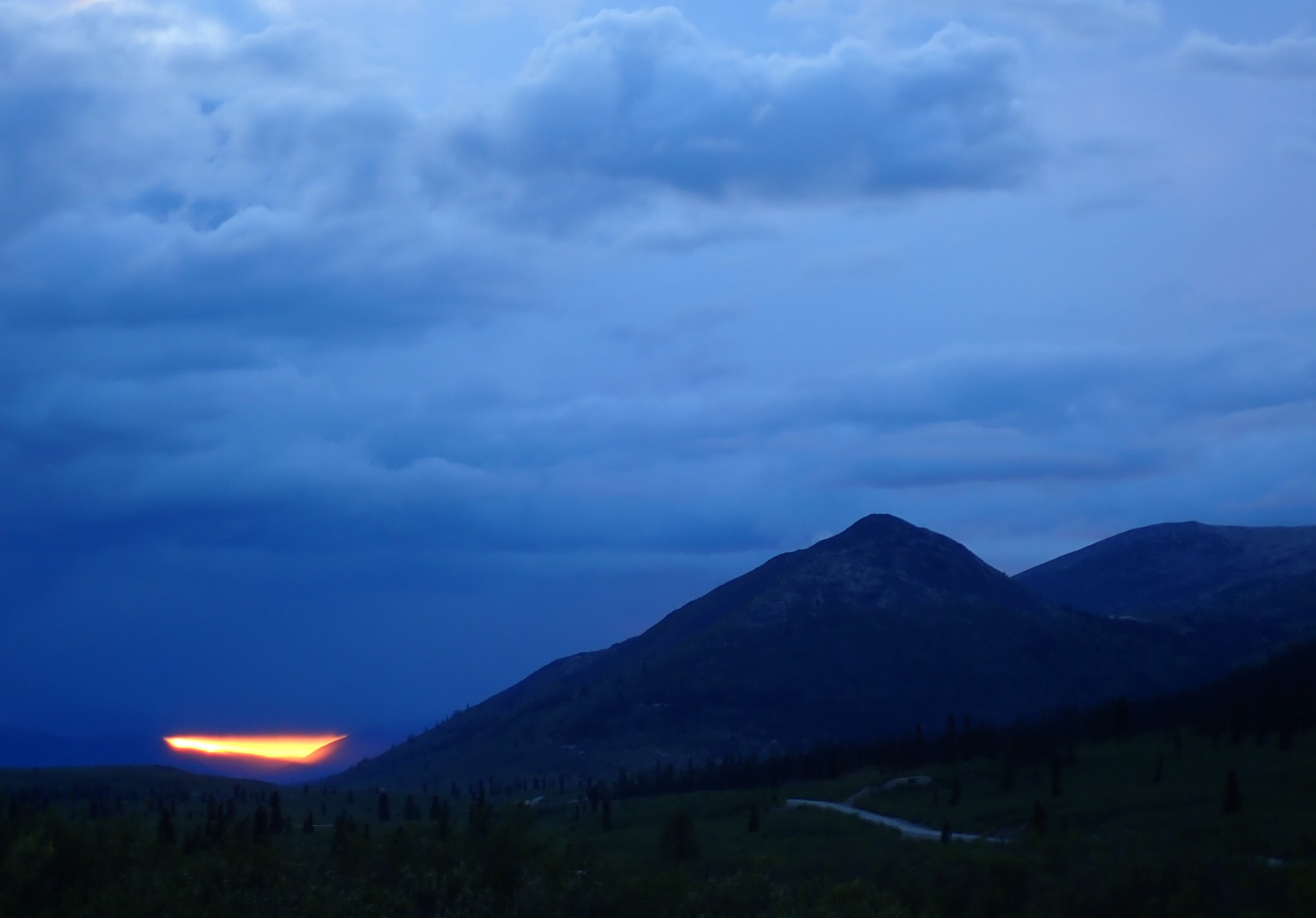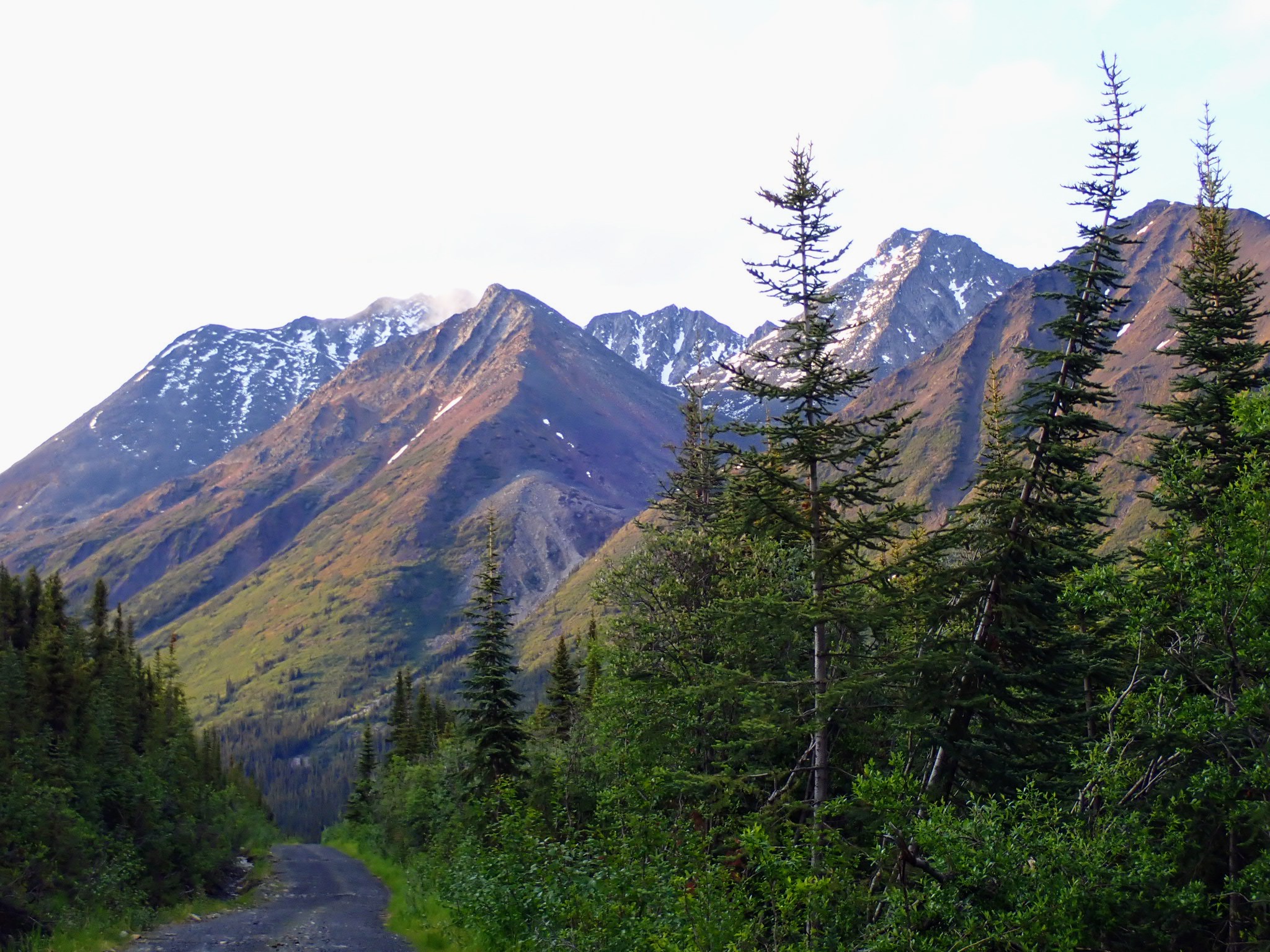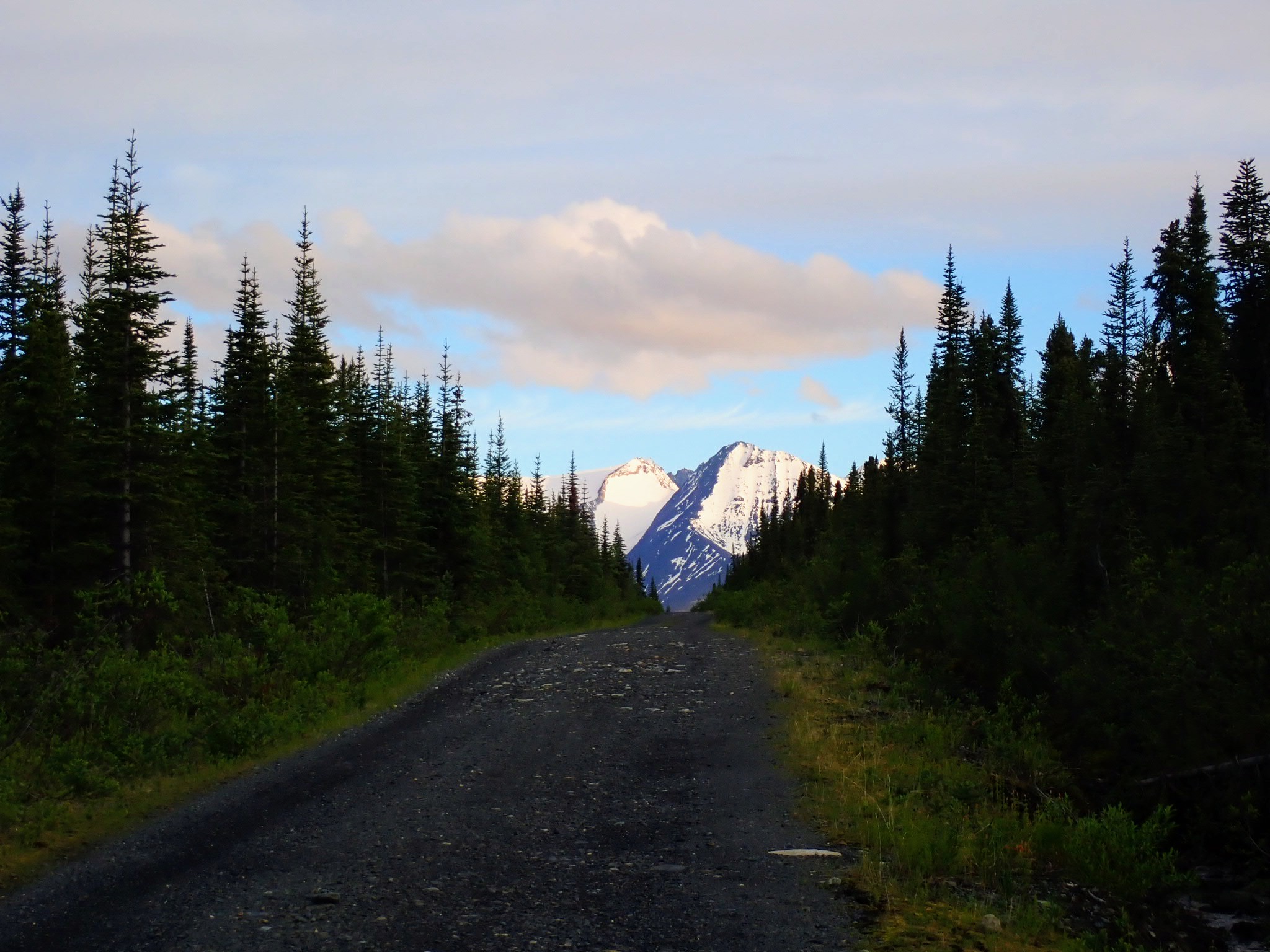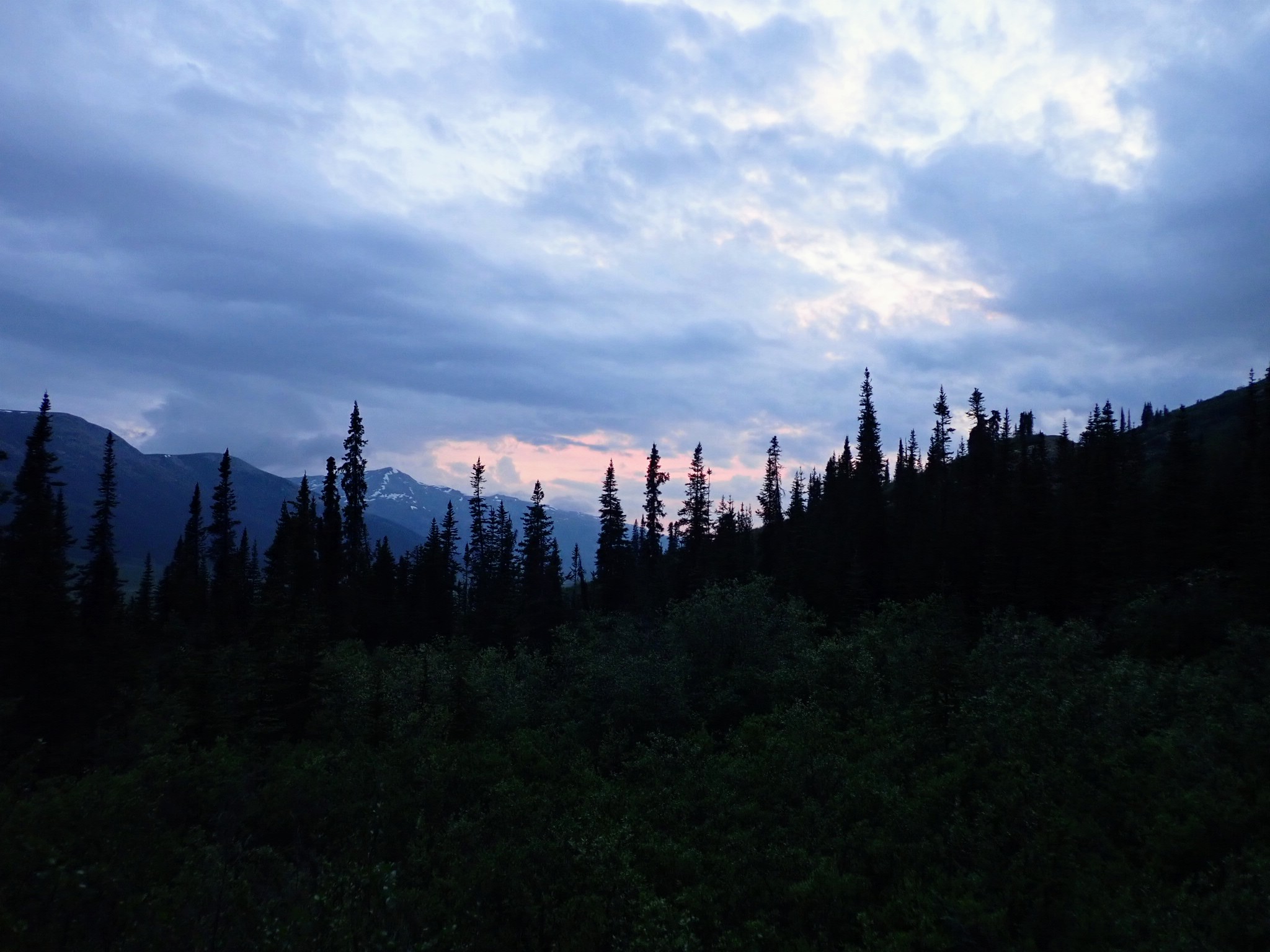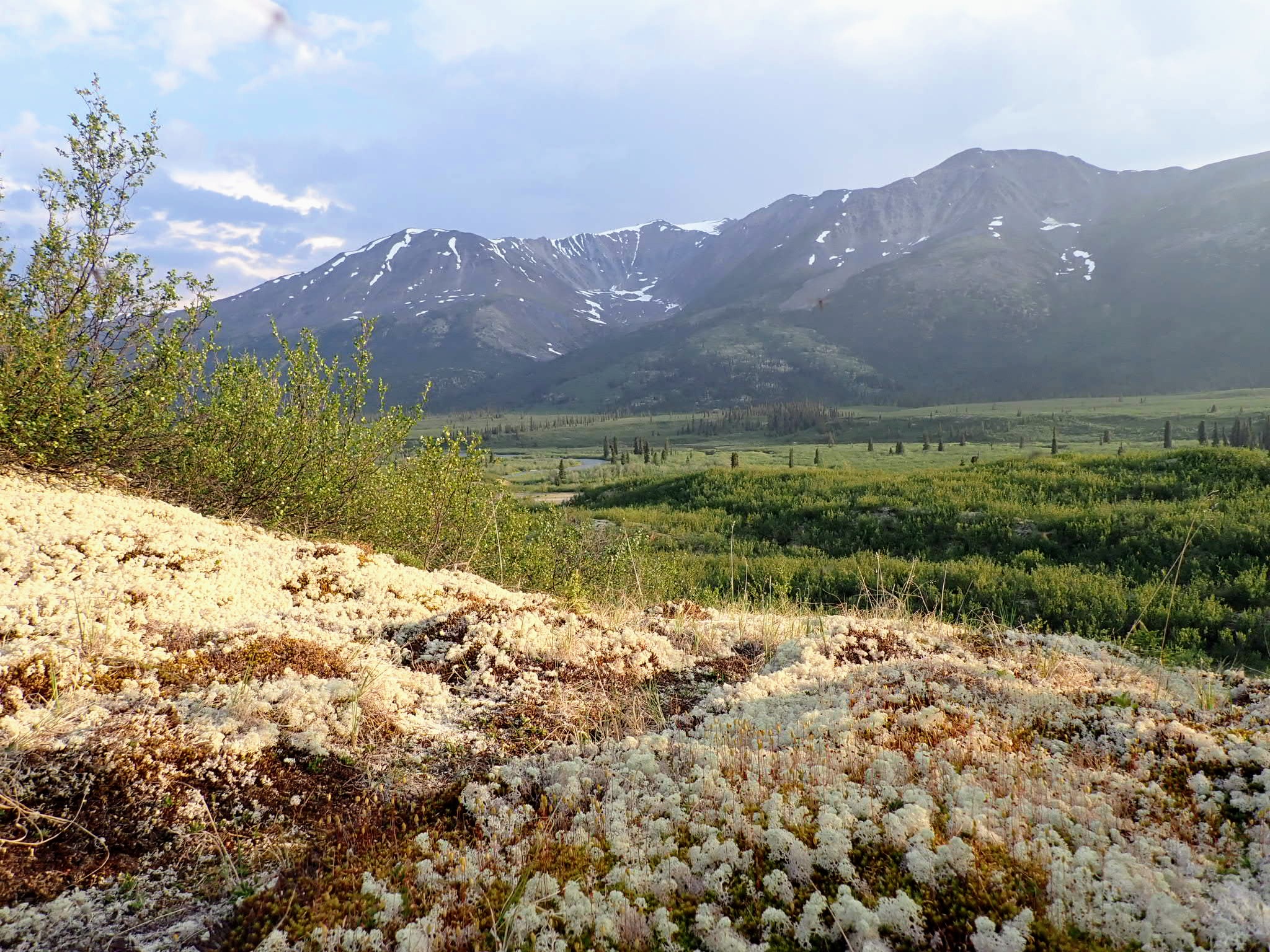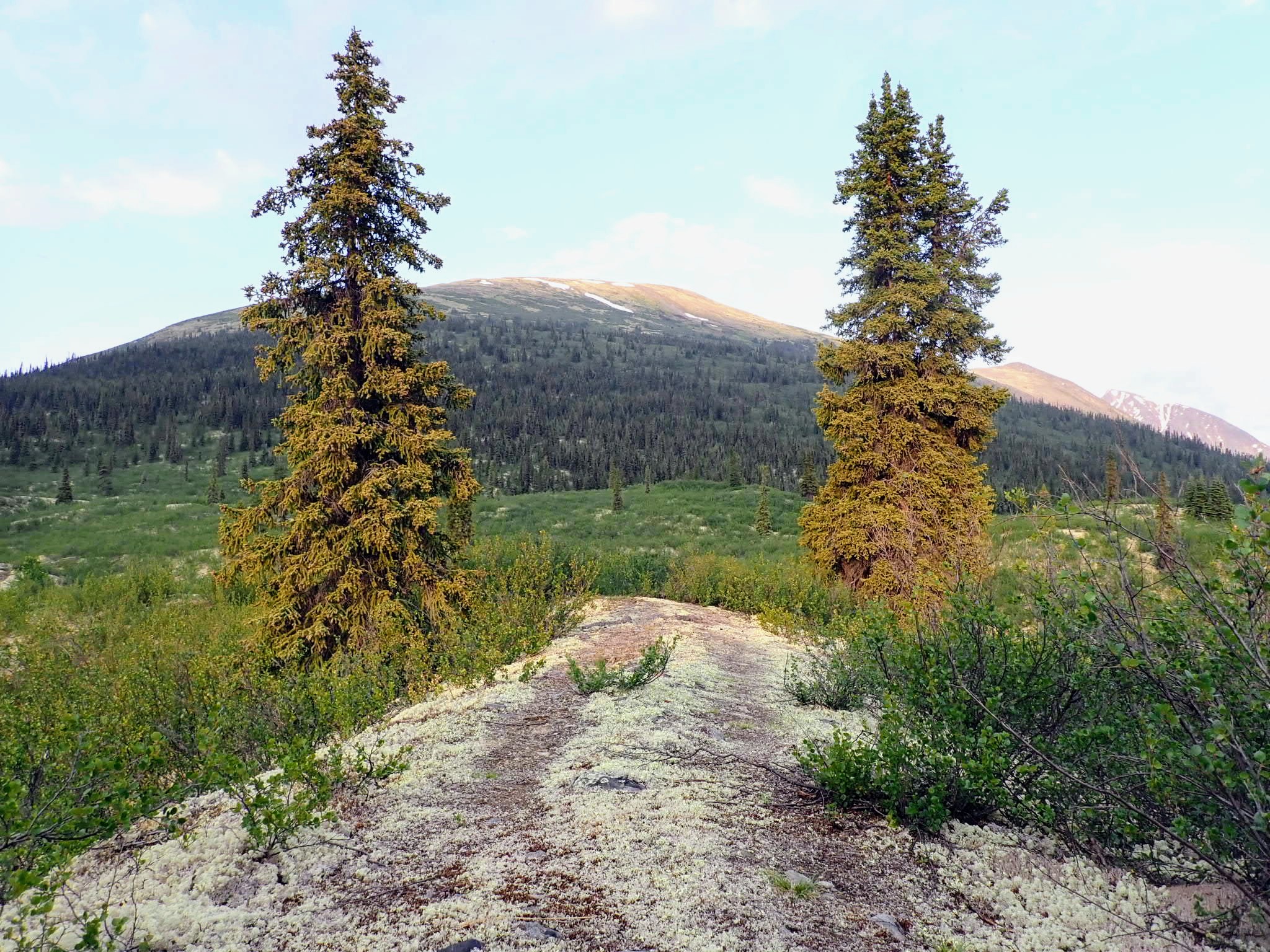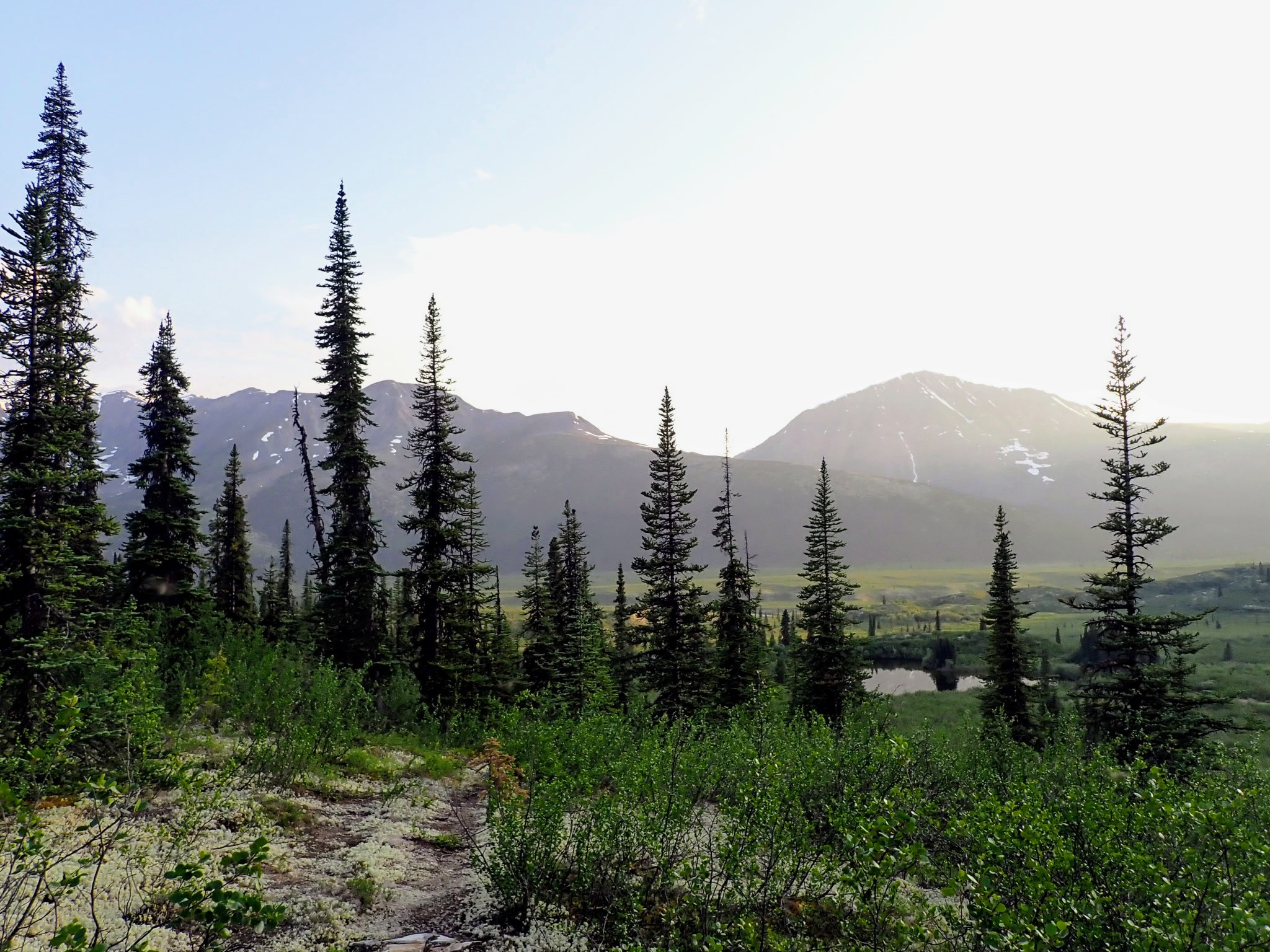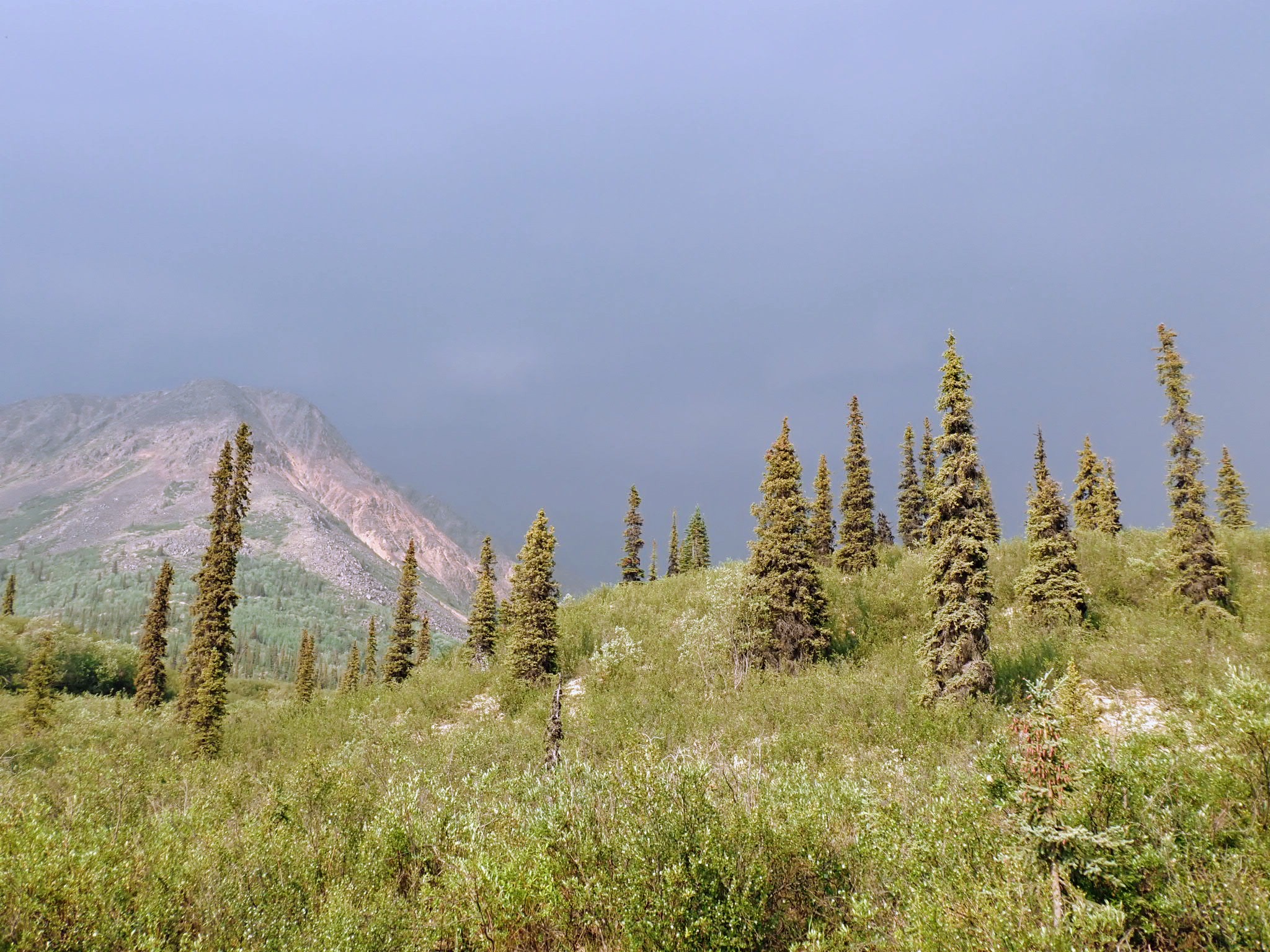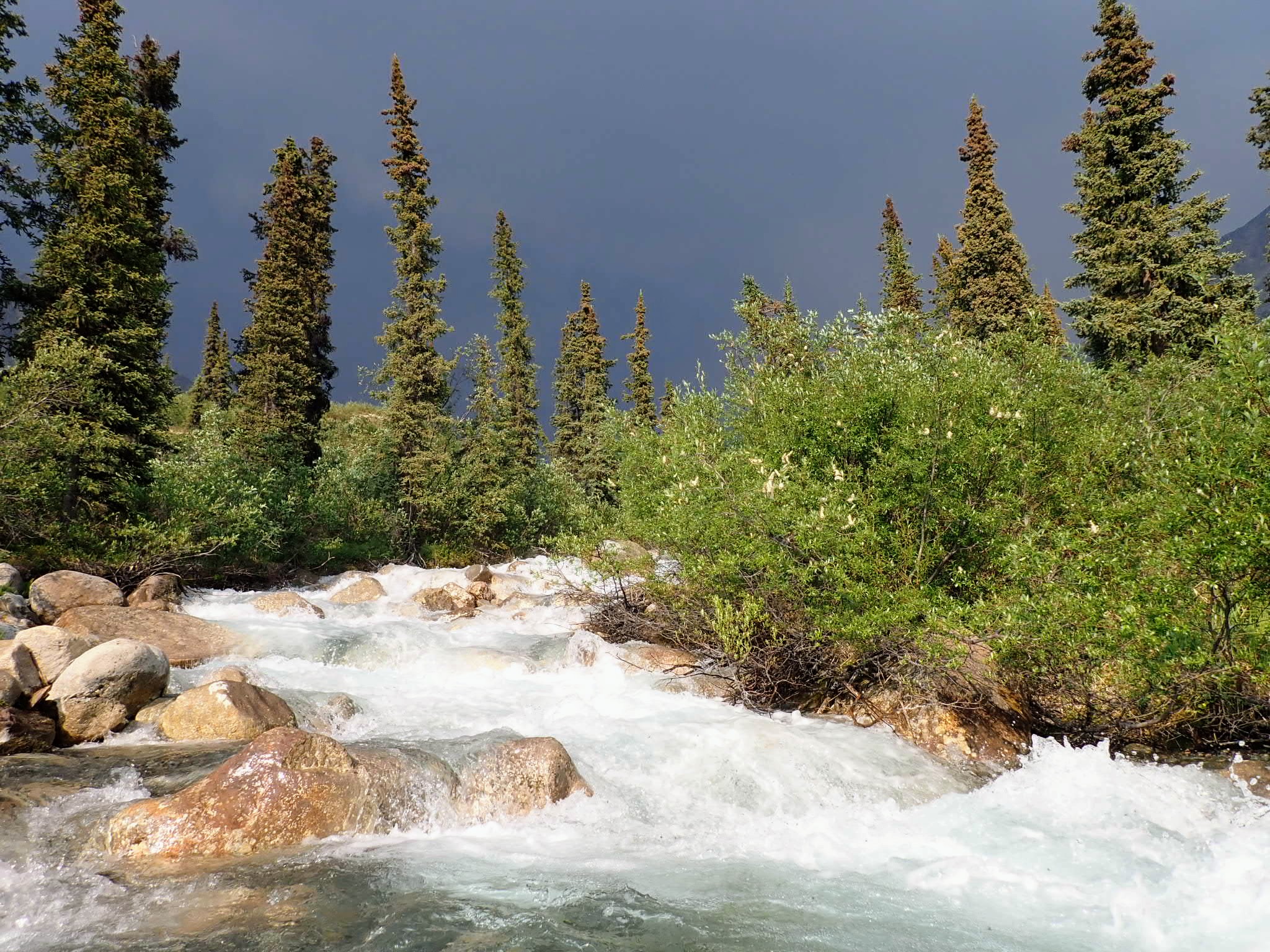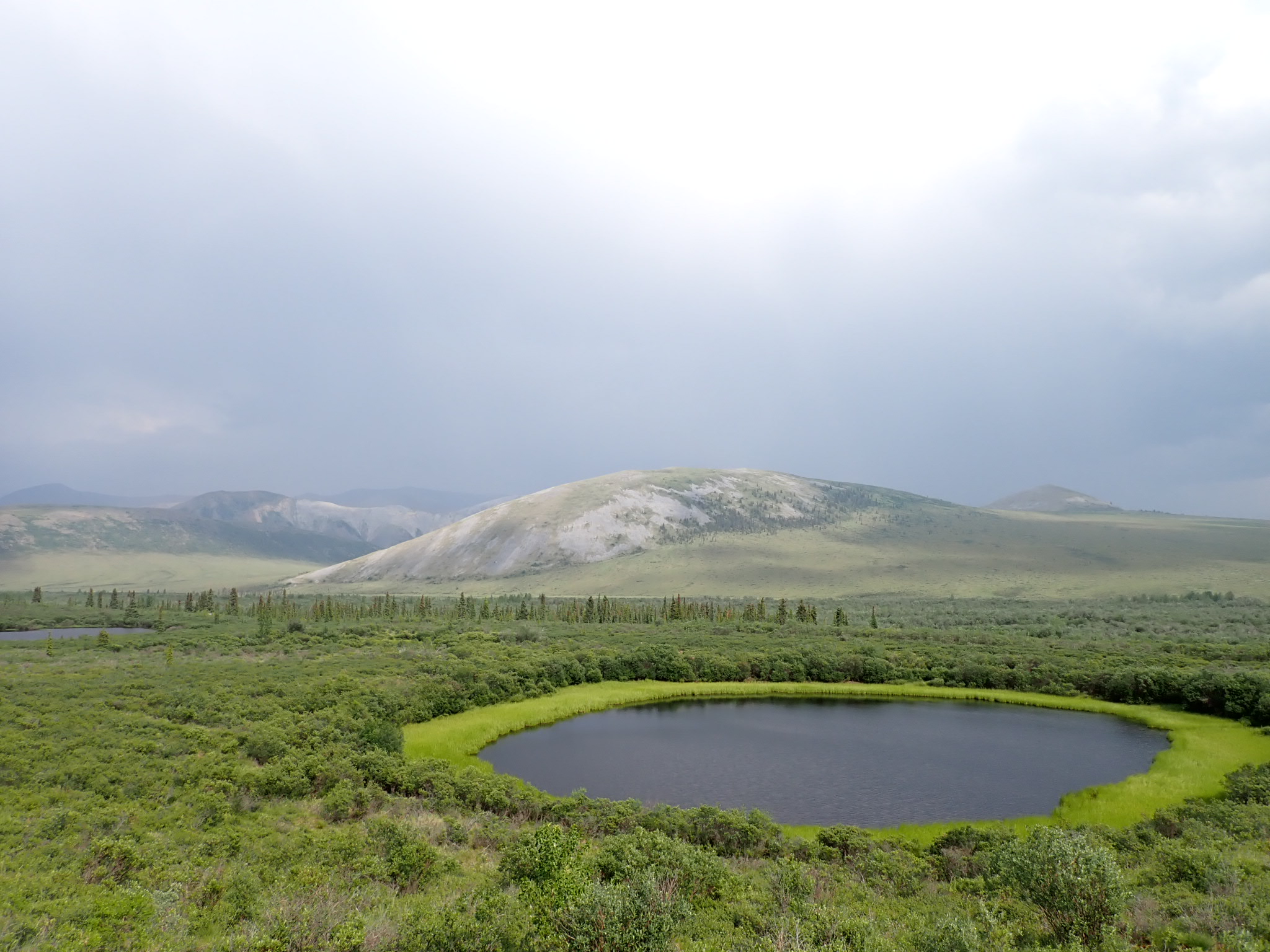Yukon
2 minutes

At this time, there are no known established communities aimed at Dhamma practice in Yukon. However, if we don’t include native, private, or government owned land, we can say that the greater percentage of Yukon–the wilderness– is a widely available public resource for Dhamma practice open to anyone who wants to utilize it.
Spending the spring and or summer deep in Yukon is extraordinary, if you’re fortunate enough to avoid wildfires. Some people who have never visited Yukon may not know that it is quite different from Alaska despite it being Alaska’s neighbor. Though the two may share a lot of the same flora, fauna, and majestic scenery, the Yukon wilderness is distinctly different from that of Alaska, which may only be the knowledge of those fortunate enough to have spent enough time throughout both places. A casual tourist passing through Yukon for a week may not arrive at such a conclusion.
Although Yukon has less roads than Alaska, the few roads provide some of the best and most remote wilderness access on any north-of-sixty road system. Some of these roads are used very little by seasonal tourists and have very few services or none at all.
Perhaps someday, the presence of wilderness monks will become a more familiar sight to Yukoners.
